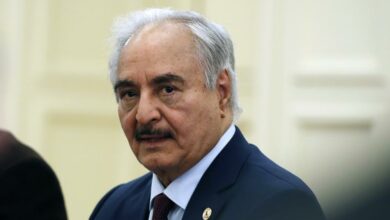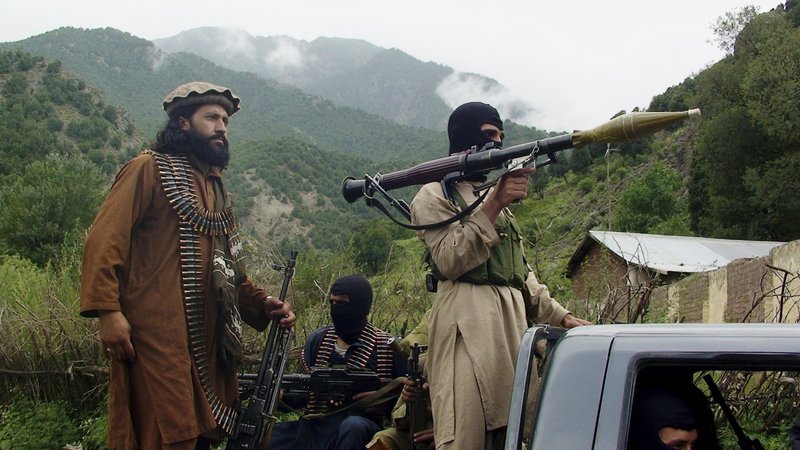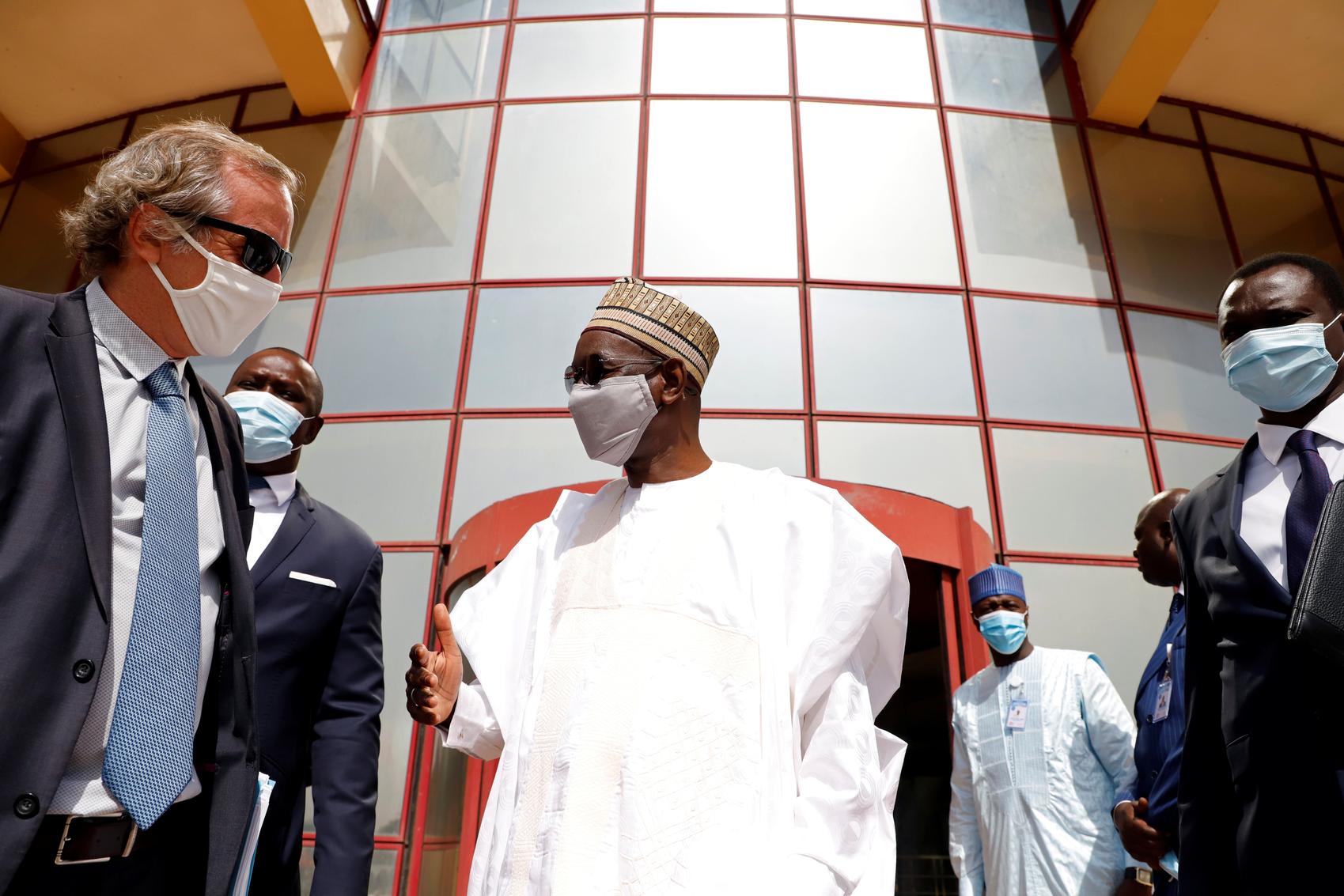With Egypt’s first post-Hosni Mubarak parliamentary poll approaching, the Islamist bloc, which once seemed robust and unbreakable has demonstrated major cracks after its failure to agree on a common electoral list.
In recent days, feuds between the Muslim Brotherhood on one hand and Salafis and moderate Islamists on the other have made headlines in the local press. Salafis and ex-jihadists in particular have accused the Muslim Brotherhood of seeking to dominate their electoral alliance by allocating few spots to candidates from outside the group’s political wing, known as the Freedom and Justice Party (FJP).
Earlier this summer, the Muslim Brotherhood had co-opted into its electoral coalition, known as the Democratic Alliance for Egypt (DAE), a variety of other Islamists, some or them more conservative, some less so. The Salafi Nour and Asala parties, the ex-jihadist Construction and Development Party, as well as the moderate Wasat Party, all had joined the DAE. In addition to the Islamists elements, this same alliance also included the liberal Wafd and Ghad parties, along with the Arab nationalist Karama Party and Nasserist Party. Most of these parties have already withdrawn from the coalition.
For the last eight months, this Islamist triad (the Brotherhood, the Salafis and the moderate Islamists) has adopted common positions on a set of critical issues, including the debate over whether to endorse the introduction of a few amendments to the old constitution rather than abrogate it all together and hammer out a new one. On several occasions, with the exception of the Wasat Party, representatives of these different Islamist factions had made inflammatory statements about the need to implement Islamic Shariah, arousing fears of the reproduction of the Saudi model if Islamists take over.
Later on, Islamists voiced vehement resistance to a proposal put forward by secularists to endorse a set of supra-constitutional clauses before the new constitution is drafted.
Yet, as soon as Islamists were required to reach an agreement on sharing parliamentary seats, splits ensued. These feuds culminated in the withdrawal of both hardliners and moderates and the rise of three main Islamist electoral blocs.
Three electoral blocs on the rise
The first bloc consists of the Muslim Brotherhood candidates who are believed to be the most popular and most politically savvy islamists. To the right of the FJP, a Salafi-led coalition grouping the Nour and Asala parties and the Construction and Development Party (the political wing of al-Gama’a al-Islameyya) is in the making.
“The FJP likes to dominate, so it is hard to reach an agreement with it,” said Emad Eddin Abel Ghaffour, leader of the Nour Party, one of the Salafis’ first endeavors in competitive politics.
When asked whether his party will still show some consideration to fellow Islamists and refrain from running against them in certain districts to avoid vote splitting, Abdel Ghaffour affirmed that the Nour Party will field candidates in all districts.
“If I give up a district or a province and decide not to make campaigns there and spread my platform, I will be killing my party’s chances for the next five years, and that will not be acceptable,” he added.
However, he did not rule out the possibility of not running against Muslim Brotherhood candidates in some single-winner districts.
To the left of the FJP, reformist Islamists are rallying behind the Wasat Party, which itself is a splinter of the Muslim Brotherhood. So far, the Wasat has been coordinating with the would-be Riyadah Party, which was established in the summer by a group of ex-Muslim Brotherhood members. The Wasat Party may also coordinate with the Nahda Party, another nascent group that split from the Muslim Brotherhood a few months after the January revolution. Most of these parties have developed a more flexible understanding of the role of Islam in politics. For the most part, they fully espouse democracy and equality between Muslims and non-Muslims.
Although the Wasat Party has so far attracted groups with similar ideological profiles, Tareq al-Malt, the party’s spokesman insists that these alliances are political rather than ideological, adding that the Wasat is willing to coordinate with all parties. He explained that talks are underway with the Salafi Fadila Party to examine the prospects for coordination.
Like the Nour Party, the Wasat plans to field candidates in all 46 districts that are up for grabs to party lists, according to Malt.
As to their withdrawal from the DAE, Malt explained that when his party joined the Muslim Brotherhood-led alliance, it had no intention to form an electoral bloc with other parties.
“We realized from the beginning that this alliance is based on one strong party that will take all it needs and then let the rest takes the left-overs,” said Malt in reference to the Muslim Brotherhood.
Amr Darrag, an FJP leader in Giza dismisses these accusations as unfounded. “The decision [on candidate selection] was not only made by the FJP but by a committee that set certain criteria,” he said. “Previous experiences in public work were among the criteria. And many of other parties’ candidates did not meet these criteria.”
Potential victories remain unaffected
Divisions within the Islamist bloc have raised one crucial question: Can splits weaken Islamists’ chances in the first democratic parliamentary poll? Most observers do not foresee any major effect on the Islamists’ share.
“Splits among Islamists would not affect very much their chances of being the largest grouping in the People’s Assembly,” said Mostafa Kamel al-Sayed, a political science professor at Cairo University who dubbed Islamists as “the most powerful candidates” given their popular following and their financial resources.
Sayed went on to explain that Egypt’s mixed electoral system, which combines proportionate representation and individual candidacies will attenuate the effects of Islamist splits.
After months of intense deliberations and threats to boycott the poll, the Supreme Council of the Armed Forces heeded the demand of most political parties earlier this month by ratifying the last version of the parliamentary elections law, which allocates two thirds of the People’s Assembly seats to party lists and one third to single-winners. Under this system, any party that succeeds to garner a minimum of 0.5 percent of the total votes can make it to parliament.
“It is highly unlikely that any of the Islamist groups will not be able to get [0.5 percent] of the vote,” said Sayed. Yet, vote splitting can only affect their chances if they decide to run against each other over the single-winner seats, added Sayed.
Ashraf al-Sherif, a political science lecturer with the American University in Cairo agreed with Sayed about the minor effect of these splits on Islamists’ victories.
“I think all Islamists combined will get around 35 percent of the seats; 25 percent will go to the Muslim Brotherhood and the remaining ten percent will go to the rest of the groups,” predicted Sherif.
In the meantime, Sherif argued that such splits reveal a major development in the political dynamics governing relations within the Islamist bloc. “This shows that the relationship between these groups is becoming purely pragmatic and driven by electoral interests. The ideological dimension is no longer there.”
Besides, fissures within Islamist groups can benefit Egypt’s politics in general, added Sherif. “This will have a positive impact on the long run because it will reduce the secular-Islamist polarization. This idea of secular versus Islamist will fade away,” he said.
Since Mubarak’s fall, this secular-Islamist dichotomy has dominated political debates and culminated in deep rifts among political parties. These rifts are believed to have empowered the military council's position and led to the dumping of more urgent demands related to instating a genuinely democratic regime.
Alexandria is one of the cities that are expected to witness a fierce competition among the three Islamist blocs. Over the last decades, the Mediterranean city has been stronghold of the Salafi Da’wa, one of the largest Salafi trends in Egypt. Yet, this Da’wa had remained aloof from politics until Mubarak fell. Only then, the Da'wa youth formed the Nour party.
In the meantime, the Muslim Brotherhood still enjoys a large following, which allowed its candidates to defeat the formerly ruling National Democratic Party candidates in past elections. This year, the Wasat-led moderates are ready to challenge both the Salafis and the Brothers.
Haitham Abou-Khalil, an Alexandria-based leader of the would-be Riyadah Party told Al-Masry Al-Youm that his party is fielding two candidates on the Wasat list in the districts of two well-established Muslim Brotherhood leaders in Egypt’s second largest city. Khaled Dawood and Amr Abou-Khalil, two ex-Muslim Brotherhood leaders are running in the districts of Hassan al-Berens and Sohbi Saleh respectively. The Muslim Brotherhood has not disclosed its final list of candidates yet. It remains to be seen if Berens and Saleh are running. In April, the Muslim Brotherhood had said that that its party would compete for 45-50 percent of parliamentary seats.
So far, none of the three blocs has submitted their candidacy to the Supreme Elections Commission. The deadline for submissions is 22 October.




